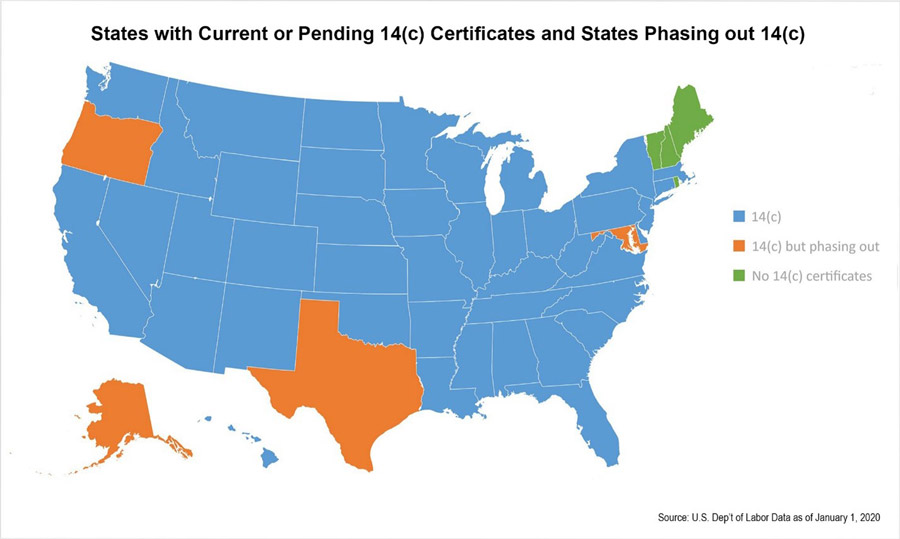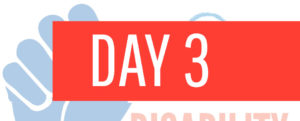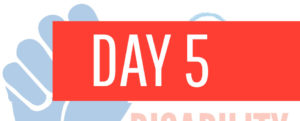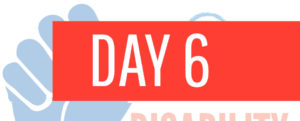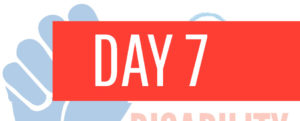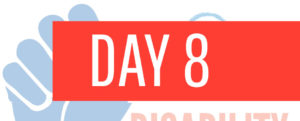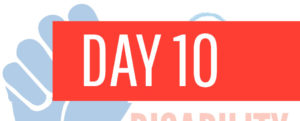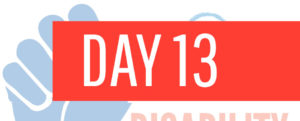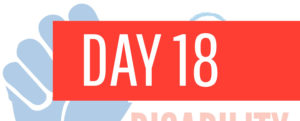Day 11: Subminimum Wage & Sheltered Workshops
Congress enacted the Fair Labor Standards Act in 1938 as part of the New Deal; one of the Act’s provisions, Section 14 (c), grants special certificates allowing for the employment of workers with disabilities below the federal minimum wage.
Many employers operating under 14(c) have historically employed people with disabilities in segregated work centers commonly referred to as sheltered workshops. Some states have prohibited the practice of subminimum wages and sheltered workshops altogether; however, as of 2020, 46 states and the District of Columbia continue to allow 14(c) certificates. The U.S. Commission on Civil Rights revealed that in 2017 and 2018, the average wage of a person with a disability working under a 14(c) certificate was $3.34 per hour and the average number of hours worked was 16 hours per week, making the average wage just $53.44 per week.
Employment First is a state and national movement to help individuals with disabilities realize their fullest employment potential through the achievement of individual, competitive, and integrated employment outcomes. Employment First in Michigan has established guidelines to help move the state to community-based and integrated employment by using executive orders and passing legislation.

Read
- What is subminimum wage?: https://www.zenefits.com/workest/what-is-subminimum-wage/
- New Push Underway to Eliminate Subminimum Wage: https://www.disabilityscoop.com/2021/04/16/new-push-underway-to-eliminate-subminimum-wage/29295/

Watch
Bottom Dollars – Chapter 1:
https://rootedinrights.org/bottom-dollars/

Listen
State of Rights: Subminimum Wage (transcript available): https://www.youtube.com/watch?v=JB-uamizTwA
Discussion
- Why do you think Section 14(c) is still legal in the United States?
- Do you think equal pay is a human rights issue? Why or why not?
Image/Graphic
